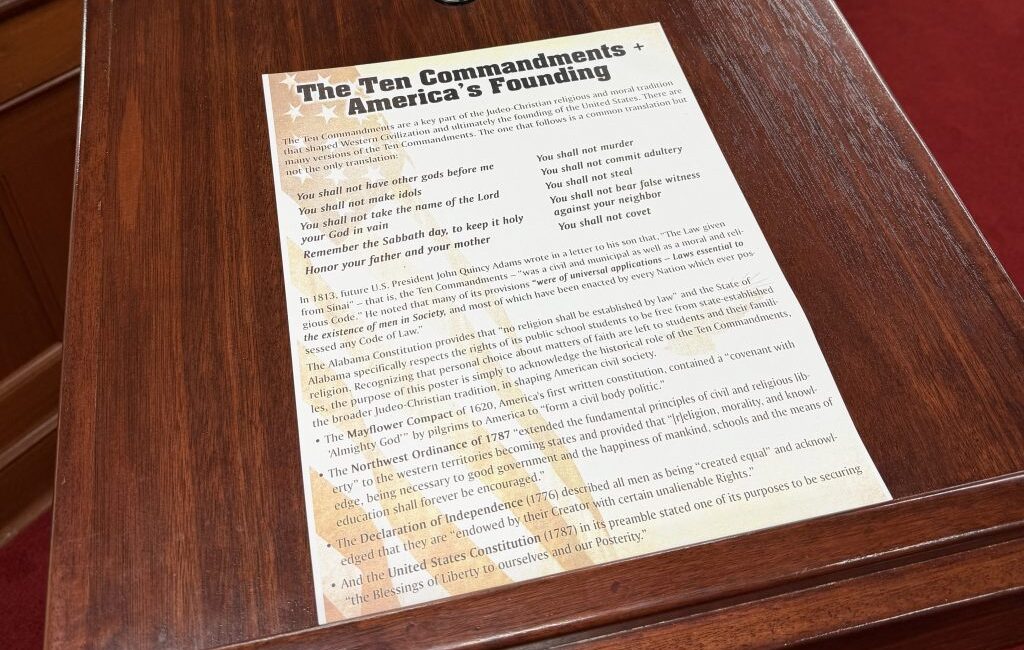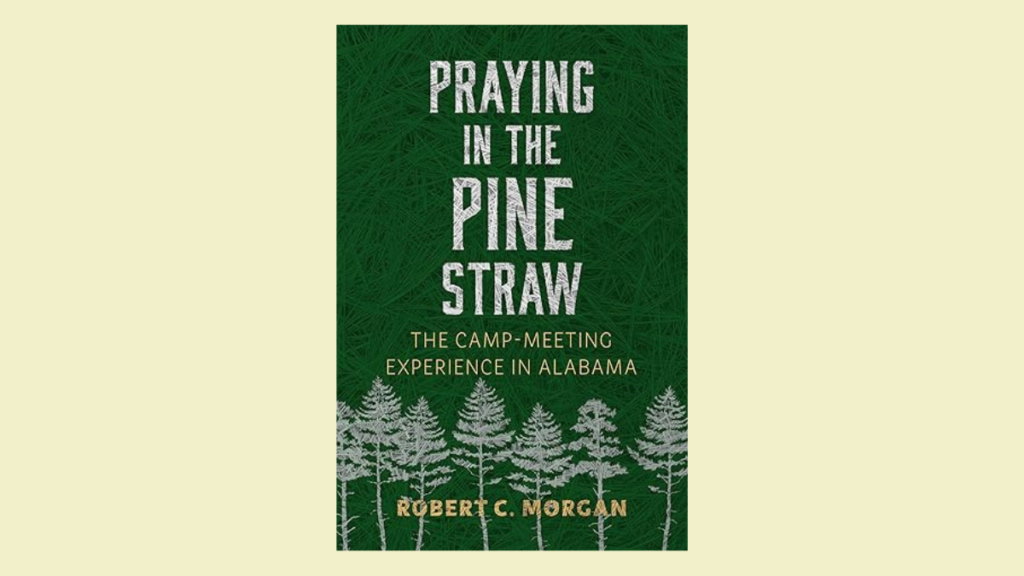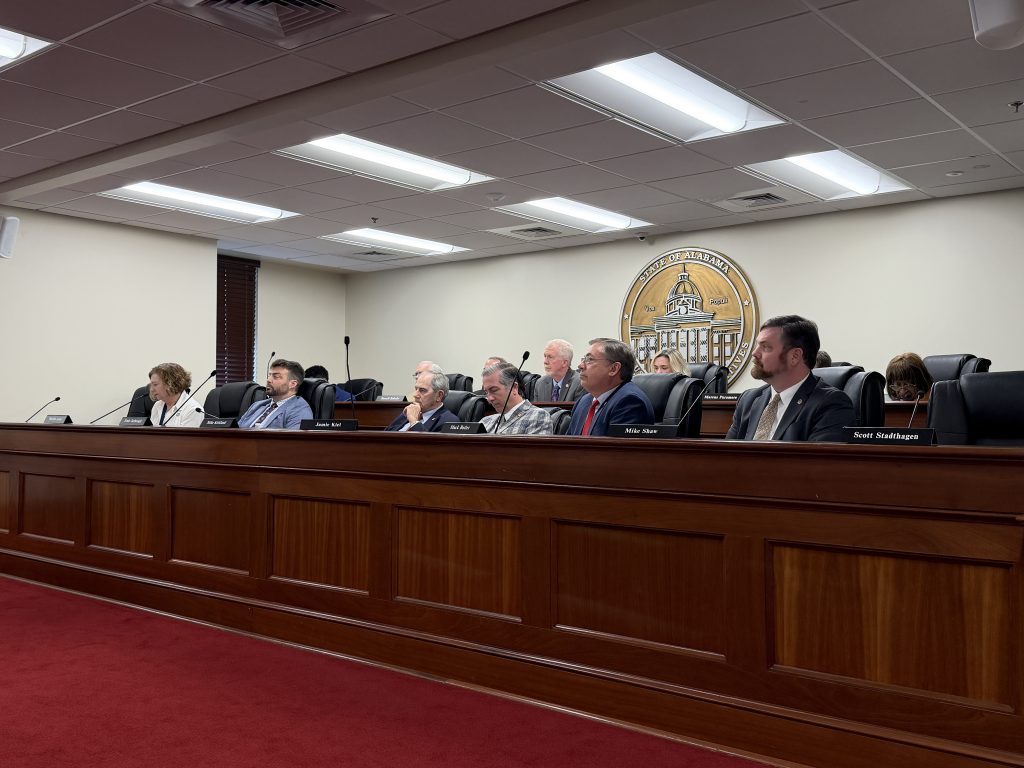With the specter of Sept. 11’s terrorist attacks looming over them, tens of thousands of abortion foes gathered Jan. 22 in Washington to mark the 29th anniversary of the Roe vs. Wade decision legalizing most abortion.
Anti-abortion activists and lawmakers made speeches, young abortion foes listened to anti-
abortion rock bands, and it was all capped off with a march to the Supreme Court steps.
Almost every speaker addressing the crowd at the March for Life mentioned the attacks and the death toll.
“We understand that a huge loss of life on our soil can’t always be prevented, but we know that the huge loss of life that continues through abortion can be prevented,” said Rep. Melissa Hart, R-Pa.
And for the first time in years, the crowd heard directly from a commander in chief when President George W. Bush addressed the crowd via telephone from West Virginia.
“Everyone there believes, as I do, that every life is valuable, that our society has a responsibility to defend the vulnerable and weak, the imperfect and even the unwanted, and that our nation should set a great goal, that unborn children should be welcomed in life and protected in law,” the president said.
Bush, who declared Jan. 20 “National Sanctity of Human Life Day,” also encouraged the seeking of “common ground” where possible between those divided on the abortion issue and urged the Senate to support a comprehensive ban on human cloning.
New York Cardinal Edward Egan blessed the crowd, which was dominated by Catholic groups from all over the country.
“What you stand for is good and solid and noble,” he said. “What you stand for is what is in the heart of Jesus Christ. Each and every one of us is a mirror held up to Divinity, a child of God. How could we tolerate anyone snuffing out the living?” he said.
And while some anti-abortion lawmakers admit the terrorist attacks and the war effort in Afghanistan have diverted attention from their agenda, others say it gives them another way to talk about the sanctity of life.
“It has laid the groundwork better for pro-life people,” said Sen. Sam Brownback, R-Kan., in an interview. “They see death taking place on Sept. 11. They don’t like it. I think it builds a stronger faith base in this country.”
The crowd gathered in the shadow of the Washington Monument under blue skies and bright sunshine, but some veteran anti-abortion activists claimed the ranks were thinner this year than in years past.
“I think it may be the effect of Sept. 11 and the increased concern that people have traveling long distances,” said Robert Luckie, who made the trip from New Bloomfield, Pa. “Also, I do think some people feel that with a president with a more pro-life view that they don’t have to be as active.”
Nellie Gray, who organizes the March for Life, said she and other activists, while sensitive to issues such as terrorism, will continue to fight even if the spotlight turns away from their cause.
“We are standing up with our constitutional rights asking for redress, and we are going to keep on asking for it,” Gray said. Anti-abortion forces face an uphill battle this year in their attempts to repeal abortion laws.
Instead they plan to focus on related issues such as fetal stem-cell research and human cloning. A cloning ban easily passed in the House last year, and Brownback expects the Senate to vote on the measure in February or March.
“We are hopeful of bringing pressure on senators to support a total ban on cloning, not just a partial ban, not just on reproductive cloning, but on all types,” Brownback told Religion News Service.
Anti-abortion lawmakers will also try to beat back an attempt to expand stem-cell research limited by President Bush.





Share with others: